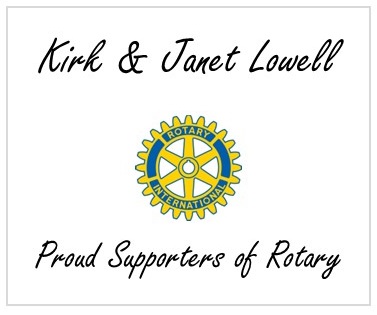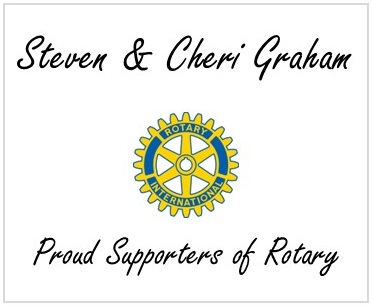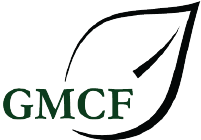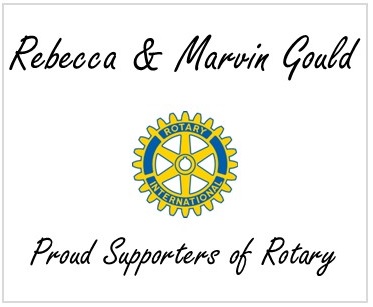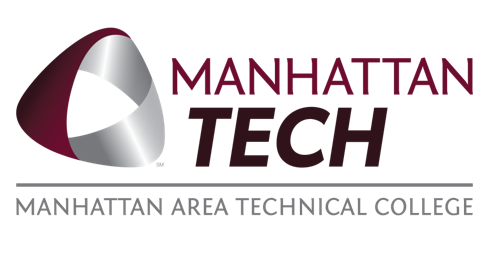Rotary District 5710 Rotary Humanitarian Study Grant – General Information
Qualifications
• The academic program must be located in a foreign country.
• The scholar must have selected the university that s/he wants to attend.
• The scholar’s field of study must be related to one or more of the six Areas of Focus established by Rotary International, listed below.
• The academic program must be no less than one academic year.
• The program must be a graduate level program.
• The scholar must begin her/his academic program during the 2013‐14 Rotary year.
• The applicant must complete all required reports during and after his/her scholarship time.
• If the scholar’s tuition and living expenses will not exceed $30,000, the scholar must outline a
service project to be completed in their study country during the period of study. The project must be within one or more of the six Areas of Focus.
• The scholar may NOT be a 1) Rotarian; 2) an employee of a club, district or other Rotary entity, or of Rotary International; 3) the spouse, a lineal descendant (child or grandchild by blood or
stepchild legally adopted or not), the spouse of a lineal descendant, or an ancestor (parent or grandparent by blood) of any person in the foregoing two categories.
• The scholar must reside and/or attend a college or university within Rotary District 5710.
• During the study period, the scholar must live in the immediate vicinity of the approved study institution, and in the host district, so that s/he can participate in the Rotary club and district
activities of the host district.
Additional terms and conditions are outlined in the District 5710 Rotary Humanitarian Study
Grant application. Click here to Download
Areas of Focus
The following are the study areas established by Rotary International and The Rotary Foundation (TRF).
The link below will take you to a full description of each of the six.
1. Peace and conflict prevention/resolution.
2. Disease prevention and treatment.
3. Water and sanitation.
4. Maternal and child health.
5. Basic education and literacy.
6. Economic and community development.
http://www.rotary.org/en/Members/RunningADistrict/FutureVisionPilotProgram/Pages/AreasofFocus.aspx
A New Focus on Service Learning
If the total cost of a scholar’s academic fees and living expenses will not exceed $30,000, they must
complete a service project in their host community. An outline of this project must be presented at the
District interview. If accepted, the scholar must take the initiative to make contact in his/her host
country and secure funding for the project. The service project MUST fall within the scholar’s study
area, and thus within the six Areas of Focus.
A good service project should:
• Incorporate local Rotary clubs and Rotarians.
• Serve a specific population within the host community.
• Plan for public relations, press releases, and community announcements within the host community and at home.
• Be documented and photographed.
• Plan for funding options or incorporate fundraising.
• Uncover a need within the host community based on local feedback and appropriate research.
• Be measureable and sustainable.
• Reflect an interest of the scholar while meeting a need within the host community.
• Meet the 4‐Way Test of ethical standards.
Download the website sponsorship guide


